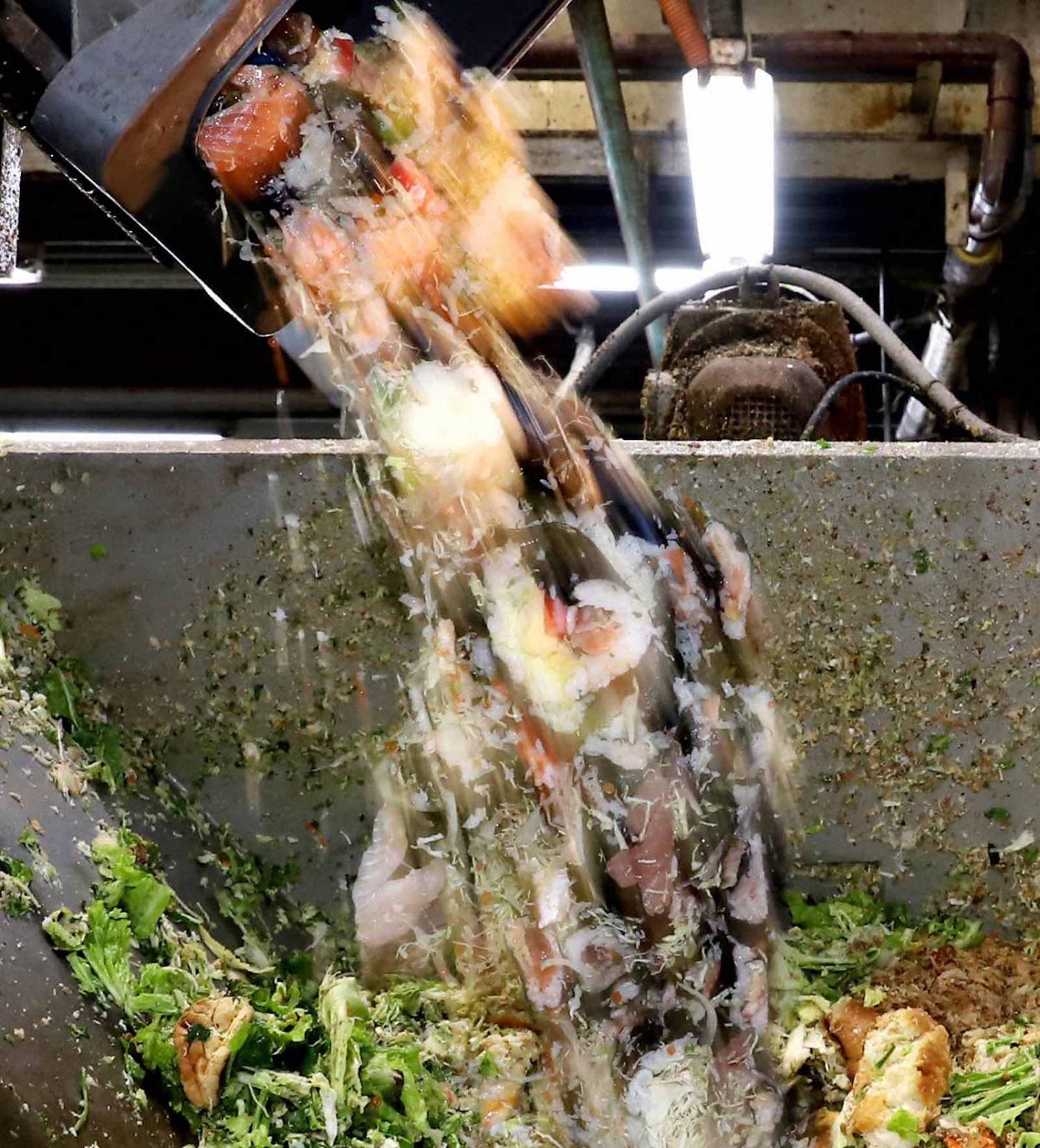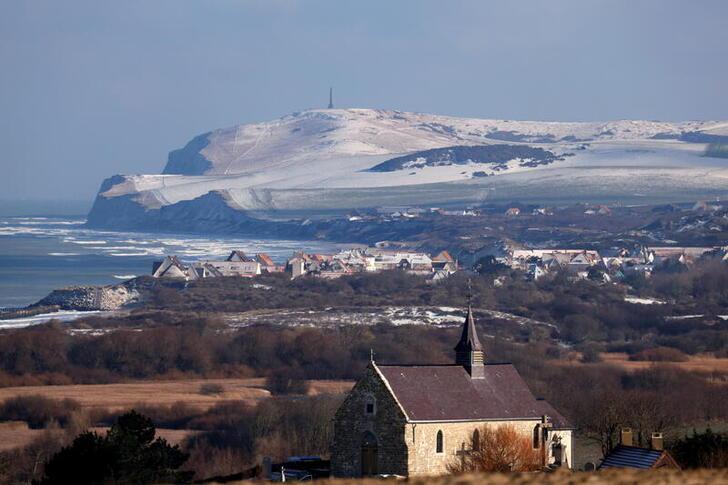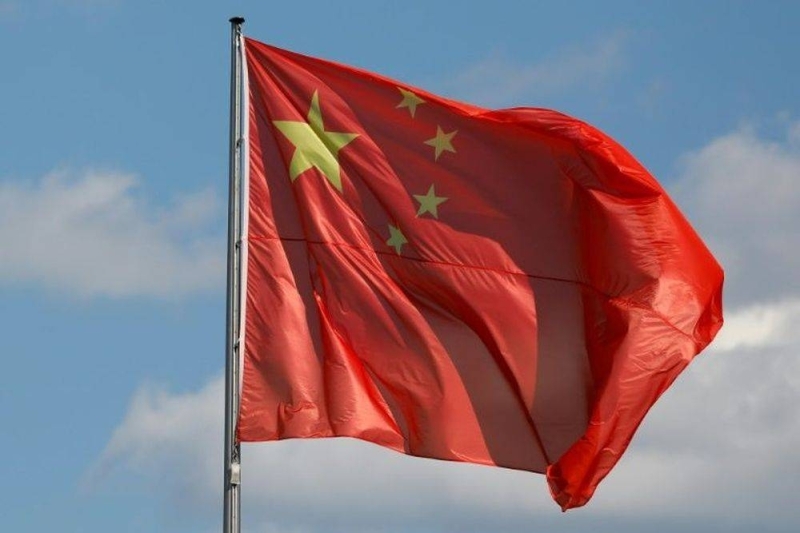Ukraine and Russia: A Dangerous Tale of Two Speeches
On August 22, in response to the question, "Under what conditions is Russia ready to resort to the use of nuclear weapons," Russian Deputy Foreign Minister Sergei Ryabkov cited the "Fundamentals of the State Policy of the Russian Federation in the field of nuclear deterrence.” He said that Russia "hypothetically" could allow the use of nuclear weapons if there is "aggression using conventional weapons, when the very existence of the state is threatened." He then translated that policy: "In other words, the use of nuclear weapons by Russia is possible only in response to an attack – for self-defense in emergency circumstances."
The very next day, speaking at the second Crimea Platform, Ukrainian President Volodymyr Zelensky said that “Ukraine is strong enough and powerful enough to see a perspective for Ukrainian Crimea. . . . We need to win the fight against Russian aggression. Therefore, we need to free Crimea from occupation." He added that "We will return Crimea by any means that we consider correct, without consulting with other countries." A day later, in his Independence Day speech, Zelensky again said, "Crimea is Ukraine. And we will return it. Whatever the path may be."
And that’s the problem.
Russia could hypothetically use nuclear weapons if "the very existence of the state is threatened." Zelensky has promised to "free Crimea" from Russia. But, from the Russian perspective – the only one that matters when making the decision about dropping the bomb – Crimea is Russia and threatening to take Crimea is threatening the very existence of the state. The confluence of these two nearly simultaneous statements reveals the danger of the current crisis.
Not only to Putin, but to any Russian leader, as well as to the majority of Russians and Crimeans, Crimea is Russian territory. No Russian leader could agree to surrender Crimea without complete military defeat, meeting Ryabkov’s formulation of threatening the very existence of the state. The view that Crimea is part of the Russian state is held across the Russian political spectrum. Anatol Lieven, Director of the Eurasia Program at the Quincy Institute for Responsible Statecraft, says that "Even opposition leader Alexei Navalny has only spoken of the possibility of a new referendum there to confirm the inhabitants’ desire to join Russia."
Zelensky’s words are made more dangerous by U.S. permissiveness. The Biden administration seemed to send a message of approval just days before Zelensky’s speech at the Crimea Platform. The US says that when it provided long range missile systems to Ukraine, it received assurances that they would not be used to strike inside Russian territory. But the US does not recognize Crimea as Russian territory, and on August 17, Ukraine’s defense minister, Oleksii Reznikov, said that "If we are talking today about the de-occupation of temporarily occupied territories of Ukraine where the enemy is, then, correspondingly, we have no such restrictions." A "senior administration official" seemed to confirm that pass. "We don’t select targets, of course, and everything we’ve provided is for self-defense purposes. Any target they choose to pursue on sovereign Ukrainian soil is by definition self defense," the official said, adding that "Crimea is Ukraine."
Whether this confluence of Ukrainian and Russian goals leads to the use of nuclear weapons or to escalation of conventional war, it could likely have been avoided.
When Zelensky was elected in 2019, his platform featured peace with Russia and autonomy for the Donbas through the Minsk Agreement. It did not include reintegrating Crimea. But, unwilling to break from the US, Germany and France, who were signatories to the Agreement, failed to come through on their promise to usher in implementation of the Agreement, and the US refused to put serious pressure on Kiev to fulfill its part of the agreement.
In the time between the collapse of the Minsk Agreement and the beginning of the war, Zelensky remained open to diplomatic solutions regarding the Donbas and Crimea. In December, 2021, Zelensky was still open to the possibility of Crimea remaining within Russia: “I do not rule out a referendum on Donbass in general. It might be about Donbass, it might be about Crimea."
Still by March 8, Zelensky was saying that he is open to discussions on "compromises in Crimea" and that he "is ready to hold a dialogue with Russia on security guarantees, on the future of the occupied territories of the Donetsk and Luhansk regions [and] Crimea." Although he said that "We cannot recognize that Crimea is the territory of Russia," he also said, "But we can discuss with Russia the future of Crimea and Donbas." He added that “Ukraine is ready to hold a dialogue with Russia on . . . the future of the occupied territories of the Donetsk and Luhansk regions.” Three weeks later, Zelensky defined his goal as Russia withdrawing to positions they held before the invasion. That would exclude Crimea.
But that hope waned under Western pressure. The West discouraged Zelensky from pursuing solutions on Ukraine’s terms. State Department spokesperson Ned Price seemed to discourage Zelensky’s openness to diplomacy when he said, “Now we see Moscow suggesting that diplomacy take place at the barrel of a gun or as Moscow’s rockets, mortars, artillery target the Ukrainian people. This is not real diplomacy. Those are not the conditions for real diplomacy.” The State Department also discouraged Ukraine from negotiating the key issue of the war, that Ukraine not join NATO, because “this is a war that is in many ways bigger than Russia, it’s bigger than Ukraine.”
After diplomatic progress was made in Istanbul, UK Prime Minister Boris Johnson rushed to Kiev to tell Zelensky that Putin “should be pressured, not negotiated with.” He told Zelensky that, even if Ukraine was ready to sign some agreements with Russia, the West was not." Following the talks in Istanbul, Turkish Foreign Minister Mevlut Cavusoglu complained that “There are countries within NATO who want the war to continue.” The talks seemed to yield promise, "But following the NATO foreign ministers’ meeting, it was the impression that…there are those within the NATO member states that want the war to continue," Cavusoglu said.
Ukraine’s goal of reclaiming Crimea and Russia’s red line for escalating the war or even using nuclear weapons if the existence of the Russian state is threatened are on a dangerous collision course. That course could possibly have been diverted had the US supported Zelensky’s openness to diplomatic solutions.
Ted Snider has a graduate degree in philosophy and writes on analyzing patterns in US foreign policy and history.









